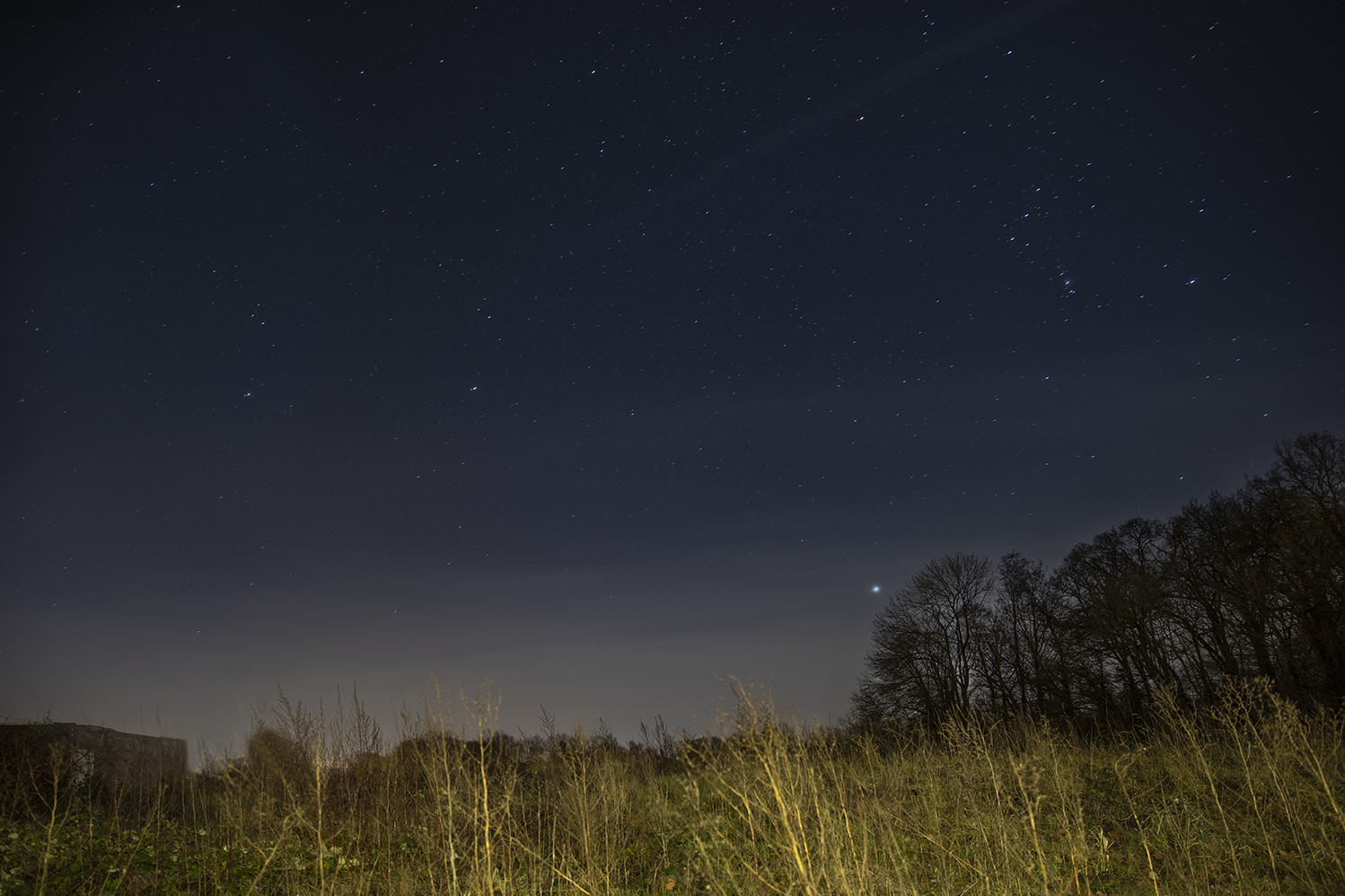UG asks for help: measure darkness with us

In really dark places you can see the Milky Way very clearly, in the Netherlands as well. But this is not always the case in the Netherlands. Darkness is a ‘prime quality’ of life and is important for man and nature: we need to be careful with it. Research, also being carried out at the University of Groningen, indicates that the disappearing of the dark has adverse consequences. But how dark is it really still? The University of Groningen has set up a darkness measuring network, “but we can’t measure everywhere”, says ‘darkness guard’ Theo Jurriens. That’s why we are asking the public to help!
Orion
The Orion constellation plays a central part in the measuring campaign. Everyone can take part in the campaign by counting the stars in this easily recognisable constellation. The step-by-step plan is as follows: go outside (after 8 pm in the evening) and look for the Orion constellation. Wait for about 15 minutes, because your eyes have to get used to the dark. The four corner stars of Orion form a rectangle: count the number of stars in this rectangle. Do you want to get everything absolutely right? So make the count several times one after the other and report the average value. You can submit your measurements via teldesterren.nl, where the measurements can also be seen on the map. On this website there is also a guide containing more in the way of explanation.
When
The measurements need to be taken in the period from 21 January up to and including 5 February, and from 20 February up to and including 6 March. This is all to do with the position of the moon: measurements need to be carried out when the moon is below the horizon. There is no point taking measurements if it is cloudy, the weather is bad of if the moon is above the horizon.
Awareness
Darkness, the oldest universal heritage, belongs to all of us and is important everywhere. With this campaign we hope to make people aware of the urgency of protecting the dark. Maybe as a result you will look at the night sky more often, and straight away find many constellations. This year the star count is also a nice “appetizer” to the National Stargazing days: 7 to 9 March. Telescopes will be set up in many places in the Netherlands, a wonderful opportunity to enjoy the night sky.
More news
-
15 September 2025
Successful visit to the UG by Rector of Institut Teknologi Bandung
